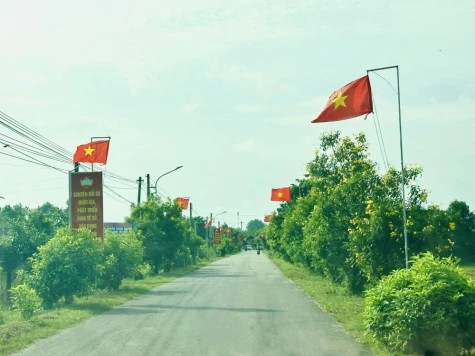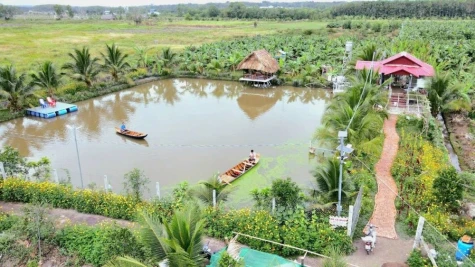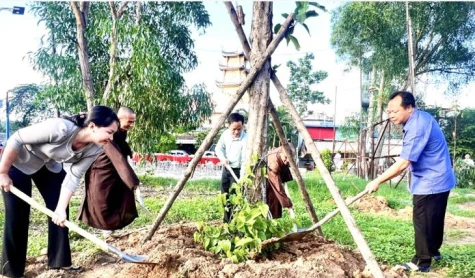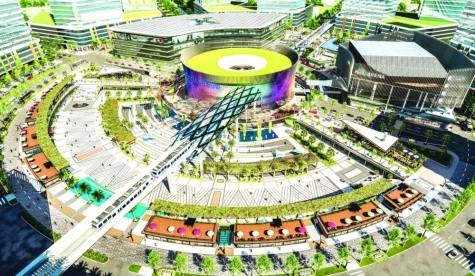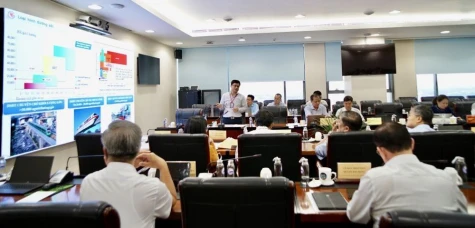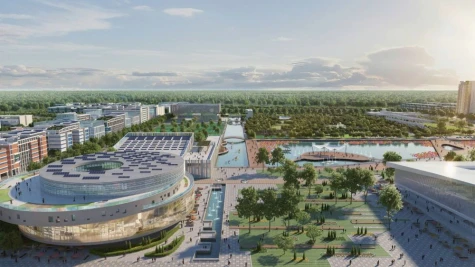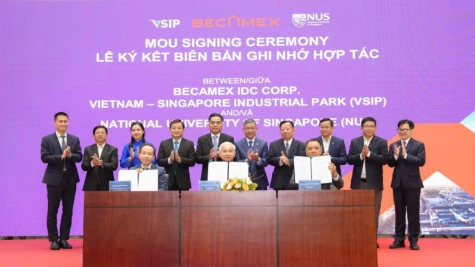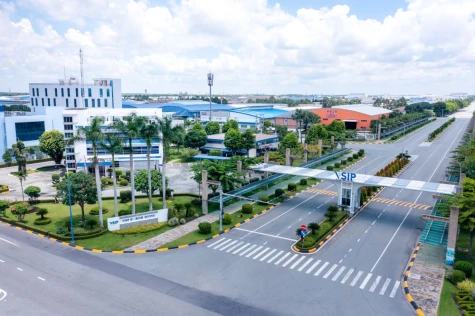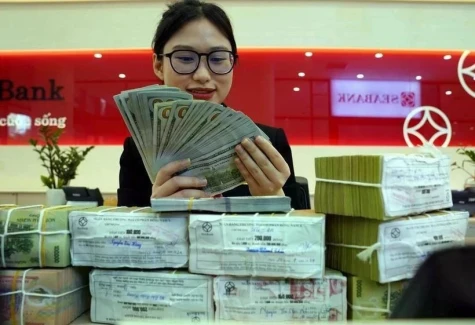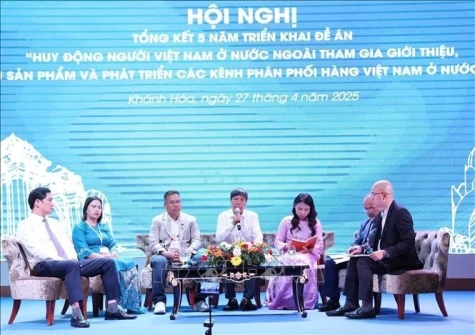The establishment of an international financial centre is expected to serve as a catalyst to accelerate the city’s transformation and position it for breakthrough growth in the coming years.

After more than two decades of planning, the vision of establishing an international financial centre (IFC) in Ho Chi Minh City is finally gaining real momentum as the Politburo has officially endorsed the proposal, drawing significant attention from both domestic and international investors.
According to Truong Minh Huy Vu, Director of the Ho Chi Minh City Institute for Development Studies (HIDS), the city will select a model aligned with its strategic outlook, supported by tailored policy frameworks. He emphasised that integrating financial technology (Fintech) and artificial intelligence (AI) into the future financial centre is a priority.
In fact, Vietnam has already begun applying these technologies in some areas such as regulatory sandboxes for peer-to-peer (P2P) lending, AI-powered credit scoring and assessment, and startup ecosystems leveraging AI-driven innovation.
Prof. Dr. Tran Ngoc Tho from the University of Economics Ho Chi Minh City said that Fintech is expected to change the game of international financial centres around the world. This suggests the development of an international financial centre of Vietnam, with HCM City as the ideal destination for implementation, initially focusing on the Fintech field.
According to Robocash Group, Vietnam's Fintech sector is experiencing the second-fastest growth in the Association of Southeast Asian Nations (ASEAN), just behind Singapore, and is projected to reach a market value of 18 billion USD in 2024.
Le Thi Le Hang, Chief Strategy Officer at SSI Securities Corporation, noted that the growth of Fintech is fueled by widespread applications in financial solutions and digital assets. Analysts predict the Fintech market could grow at a rate of 25–30% annually over the next 5–10 years, driven by advancements in AI, machine learning, and increasingly borderless access.
Fintech innovation in Vietnam has already made notable strides, from digital payments and e-wallets to P2P lending platforms and purely tech-based securities firms. Notably, HCM City has emerged as the country’s Fintech nucleus, home to over 150 active Fintech enterprises.
The city has also attracted the attention of global Fintech heavyweights, including global investment firms such as Kohlberg Kravis Roberts (KKR), Blackstone, and the Abu Dhabi Investment Authority (ADIA), alongside established players like Samsung, Hyosung, Intel, Google, Amkor, Hana Micron, and Synopsys.
A launchpad for experimentation
Experts suggested that the HCM City International Financial Centre could be a testing ground for Fintech business models, including exchanges for digital and crypto assets as cryptocurrencies gain traction worldwide.
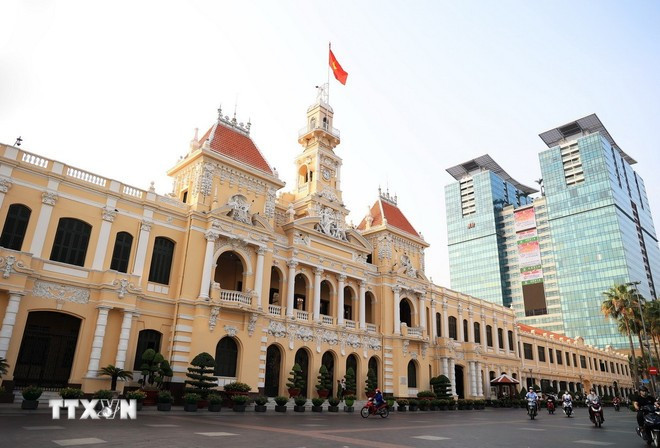
This idea has garnered strong support from leading economists and finance professionals as a wave of technology, especially AI, is booming and financial services are increasingly relying on technology.
Hanoi based Partner at IDG Capital Duc Tran underlined the importance of sandbox models for Fintech which can be adjusted along the way at a seminar held recently. He pointed out that Vietnam’s financial sector has previously run successful pilot models in payment systems and international business collaborations.
However, Tran also noted that sandbox mechanisms in the financial centre should operate independently from the existing banking, finance, and insurance systems. A clearly defined legal and environmental framework will be essential to minimise risks and ensure scalability, he added.
HCM City authorities emphasised that the city is focusing on restructuring the economy toward a green and sustainable growth model and committing to developing key industries such as the semiconductor industry, artificial intelligence, and digital infrastructure. In addition, the city is also putting in place policies to encourage AI application and training high-quality human resources in this field.
The establishment of an international financial centre is expected to serve as a catalyst to accelerate the city’s transformation and position it for breakthrough growth in the coming years, they said./.
VNA








